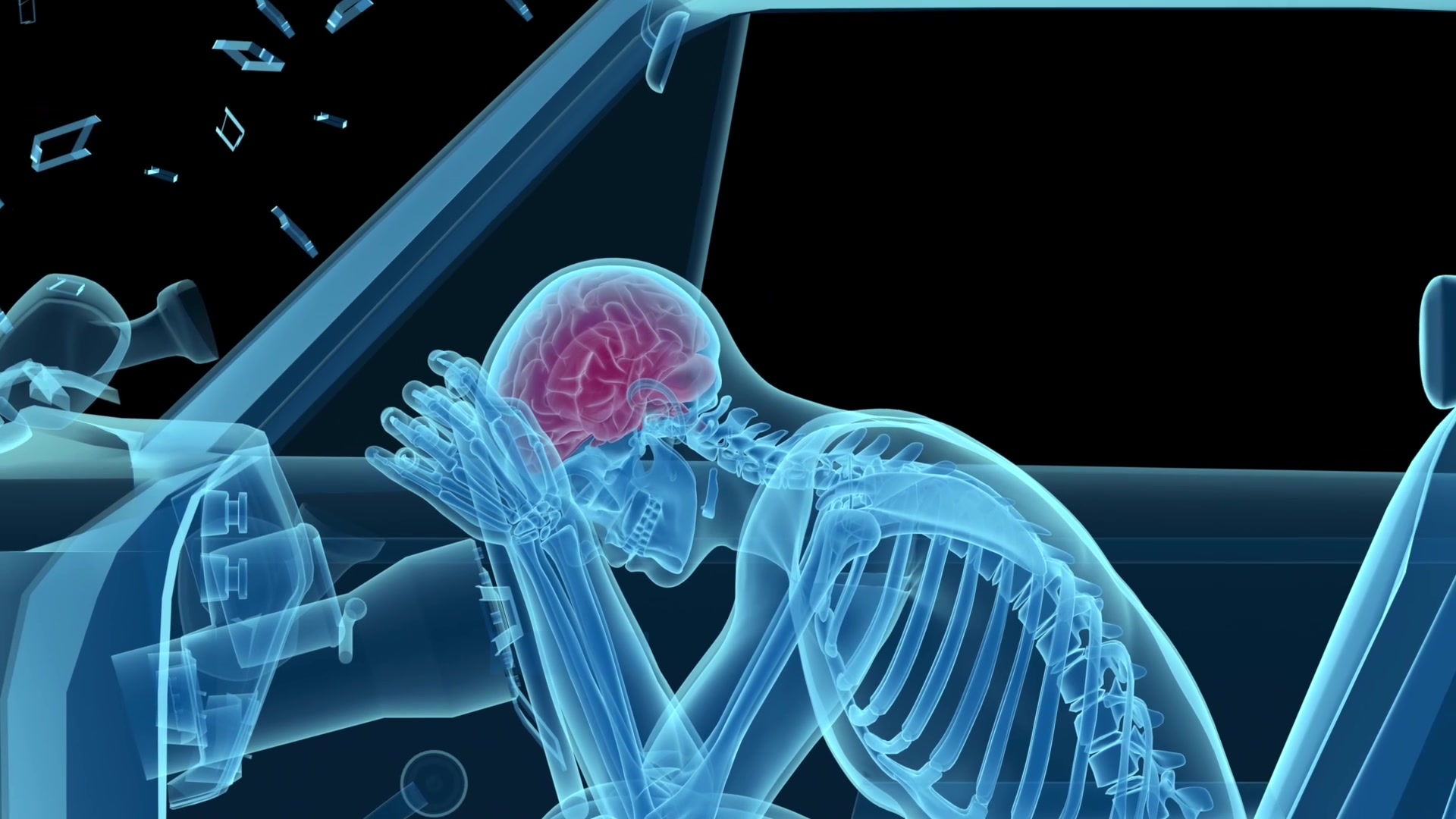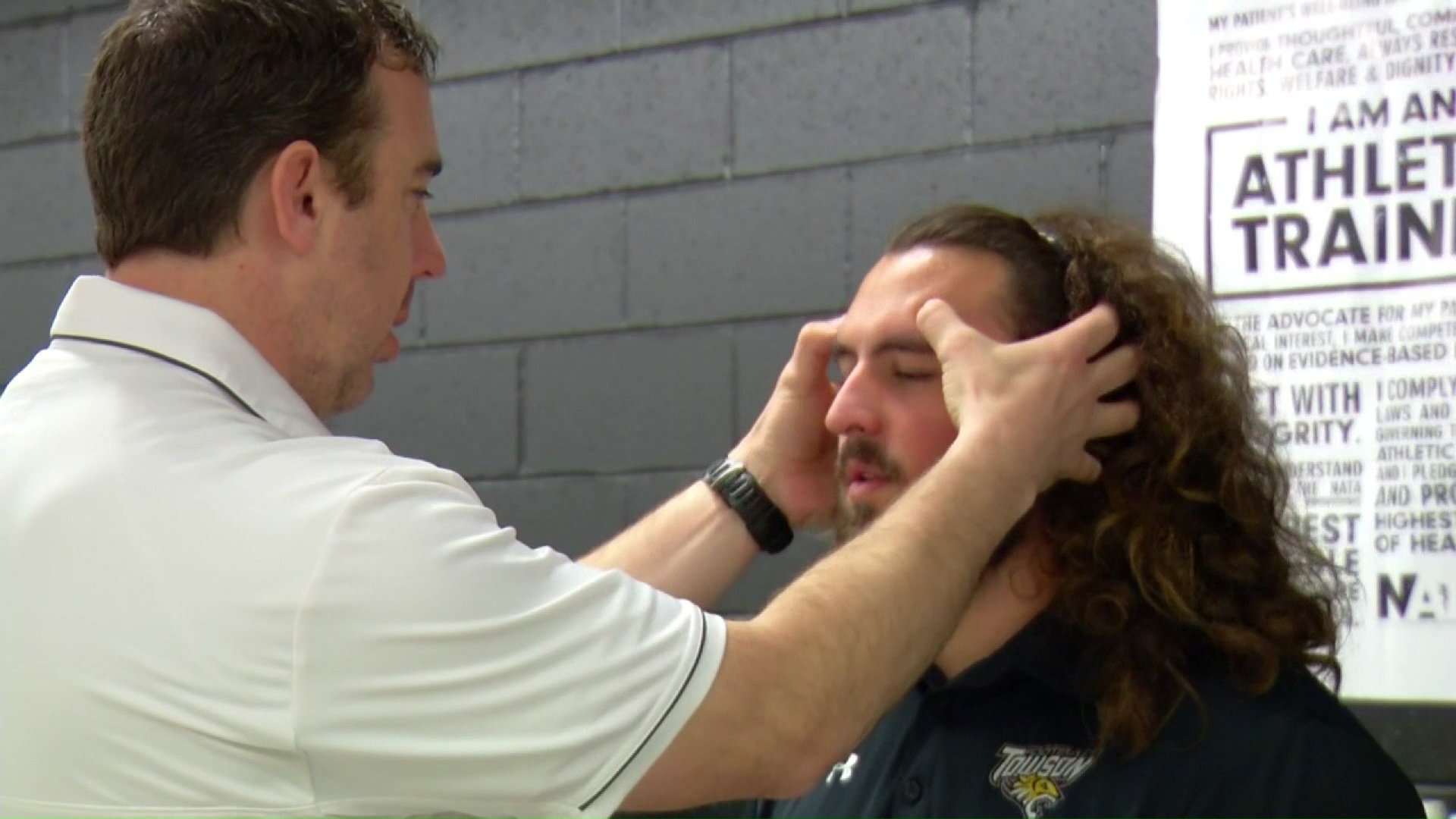A head injury is any kind of injury which can occur to your brain, skull, scalp. These injuries can be anything a mild bump or a brain trauma. The most common type of head injuries includes skull fractures, scalp wounds and concussions. Head injuries are classified into two types. A closed head injury is the one which does not break the skull and an open head injury refers to one which breaks your scalp and skull. It is hard to access the seriousness of the head injury only by looking at it and can be hard to assess on the severity only by looking.
In general there are two categories these head injuries are divided into, a head injury caused by shaking is one of the most common in infants and a head blow is caused by accidents that is related to motor vehicle accidents, falls and other kind of assaults.

Types of head injury
- Hematoma
- Haemorrhage
- Concussion
- Edema
- Skull fracture
- Diffuse axonal injury
Symptoms of head injury
You head has more blood vessels than any other parts of your body and bleeding on the surface of your brain or within your brain is one of the most serious concern. Most head injuries do not lead to bleeding and it is always a good idea to make sure that you have yourself checked after any fall or hit to your head. Some common symptoms that occur due to head injuries include a headache, lightheadedness, a spinning sensation, mild confusion, nausea, and also ringing in the ears. Some other kind of injuries include seizures, vomiting, coordination problems, disorientation, inability to focus and abnormal eye moments, memory loss and a clear fluid leaking from the ears or the nose.
Head injury requires medical attention
A head injury should never be taken lightly and it is important that you make sure that you see a doctor immediately. Always take immediate medical attention if you experience the above mentioned symptoms.

Diagnosis
There are many ways that a doctor will assess your head injury one of the most common Glasgow Coma Scale. The GCS is a 15 point test that assess your mental state and if it indicates to be higher it is hows that the injury is less severe. There are many imaging tests are commonly used to diagnose head injury. A CT scan will help your doctor look fractures and evidence of bleeding and clotting, brain swelling, etc. This is typically the first course of action that is taken to help ensure that most accurate measures are taken. This gives the doctor a very detailed look at your brain and they derive valuable information which can make sure that you brain is in stable condition.
